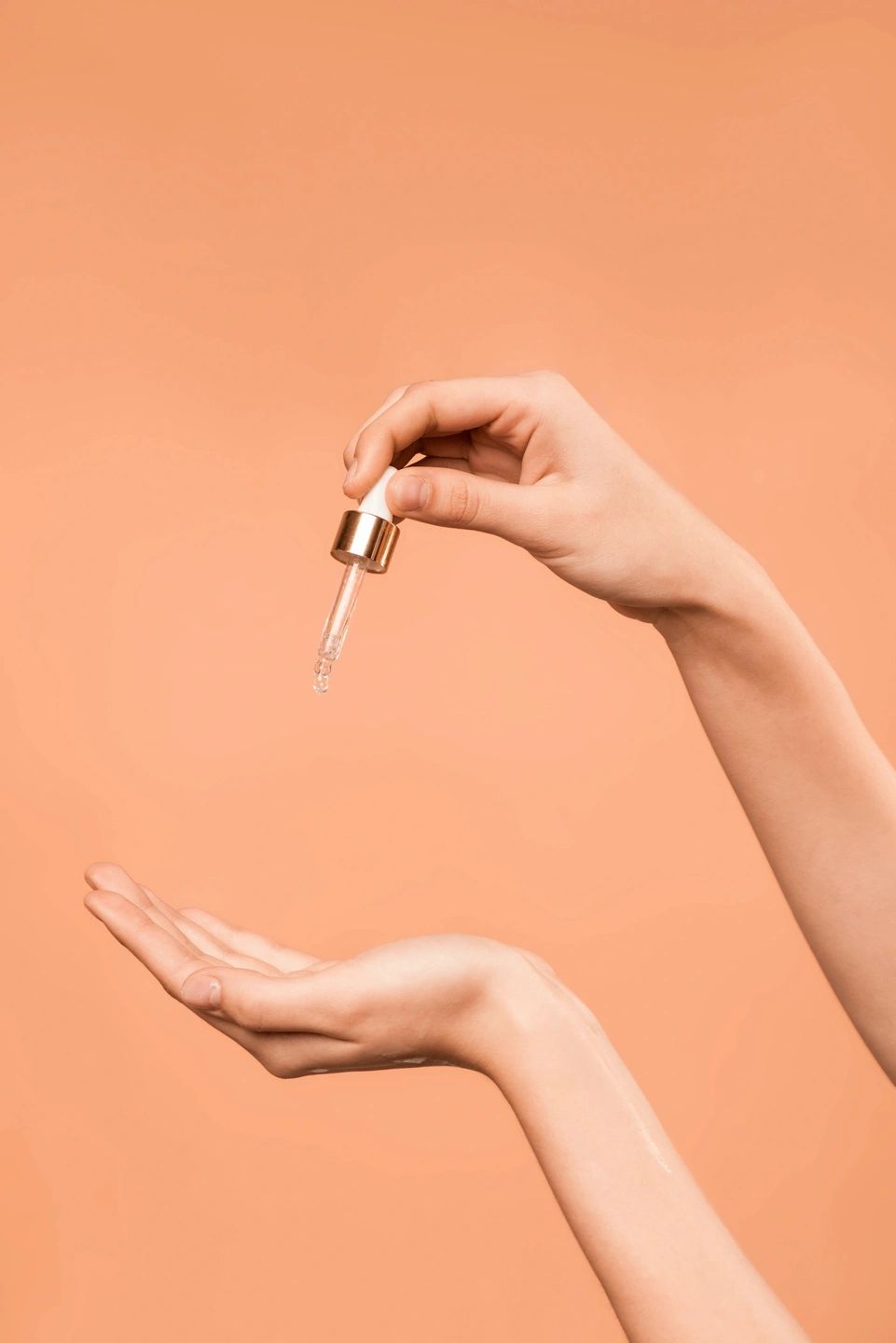-
How to Incorporate C E Ferulic into Your Skincare Regimen
One product that has been creating quite a buzz in the beauty community is C E Ferulic. In this guide, we’ll unravel the mysteries surrounding this powerhouse serum and explore how you can seamlessly incorporate it into your daily skincare regimen for maximum understanding of Skinceuticals C E Ferulic benefits. Understanding Skinceuticals C E Ferulic Before we dive into the nitty-gritty details, let’s take a moment to understand what makes Skinceuticals C E Ferulic a must-have in your skincare arsenal. Packed with antioxidants, this serum boasts a potent combination of Vitamin C, Vitamin E, and Ferulic Acid. Together, these ingredients form a superhero trio that helps shield your skin from environmental damage, brightens…
-
The Hottest Makeup Trends Of 2024 That You Must Know!
Hey, beautiful souls! As we have already entered the dazzling world of 2024, you might want to go with a different old look. As the new year starts, it’s time for you to embrace new vibes and the best products, like CC cream, and explore the latest makeup trends that promise to enhance your natural beauty. Today, in this guide, we have curated some of the best makeup looks, from soft glam to bold pops of color. These trends are all about celebrating YOU. So, let’s explore the world of makeup magic and discover what’s hot this year and how it can make you look the hottest! Dewy Perfection You…
-
6 Effective Ways to Enhance Your Appearance
Looking for a self-improvement project for the new year? Then consider working to improve your appearance. No one’s going to say that how you look is the most important thing in the world, but there’s little doubt that it can make a difference in your life. By making an improvement, you’ll notice an increase in your confidence and you may even get other benefits; appearance, for instance, has a subtle but important impact on being hired, for instance. Improving your appearance is not about reinventing the wheel. It’s about taking control of the things that are within your control and making them slightly better. Below, we’ll run through seven handy…
-
What To Expect When Getting Lip Fillers For The First Time
So, you’ve decided to take the plunge and enhance your pout with lip fillers – exciting times lie ahead! If you’re a bit jittery or unsure about what to expect, fear not! This guide is here to walk you through the journey, minus the jargon and with a dash of personality. Understanding the Basics: Lip fillers, also known as lip augmentation or lip injections, involve injecting a gel-like substance (usually hyaluronic acid) into the lips to enhance their shape, volume, and structure. Sounds simple, right? Let’s dive into the nitty-gritty without the science overload. Choosing Your Provider: First things first, finding the right practitioner is key. Think of it as…
-
4 Things You Need To Know About Facial Fillers
Facial fillers have become popular for people looking to enhance their appearance without undergoing invasive surgery. Fillers offer a way to smooth wrinkles, plump areas of lost volume, and generally rejuvenate the facial skin. However, before you decide to get facial fillers, there are some important aspects you should be aware of. Read on to find out four things you need to know about facial fillers. Safety and Suitability Safety is paramount when considering facial fillers. These treatments are maximally safe when a qualified professional performs them. However, they are not suitable for everyone. People with certain allergies, skin infections, or autoimmune disorders might need to avoid or be cautious…
-
Niche and Useful Hobbies To Pick Up This Winter
Do you get restless in the winter and want to put your creative mind to work? Check out these niche and useful hobbies to pick up this winter.
-
Winter Preparedness Mountain Style
Winter Preparedness, after the craft room clean-up that I posted about yesterday. I thought for sure that I would immediately be creating masterpieces right and left. I was WRONG!!! The Husband had other plans for me. Plans I did not particularly LIKE! But, since I do like to be warm in the winter I had to help. Sooooooooooo, pouting, chopping, and stacking wood took up the rest of last week. OUCH! Now not just my back hurts, my shoulders and MY HEAD hurts too! THANKFULLY, my feet don’t hurt. Walking on uneven ground back and forth with arms full of wood to different piles, I’m just glad I have plenty…
-
The Story of the Sock Monkey!
IF you are of a certain age YOU no doubt had a sock monkey growing up. I STILL have mine (AGAIN, I AM NOT a HOARDER!) Handmade by my Aunt Mary Jo. Side note… at 65 years old I still have several of my favorite toys. (kinda makes that whole “I’m not a hoarder claim fly out the window huh?) OR were you surprised?? Regular visitors, I am 100% certain that this did not surprise you at ALL!! Just a little FYI here; the Sock Monkey originated in the Victorian era. Those Nelson Socks have come a long way! Now socks are a true fashion statement as well as a…
































